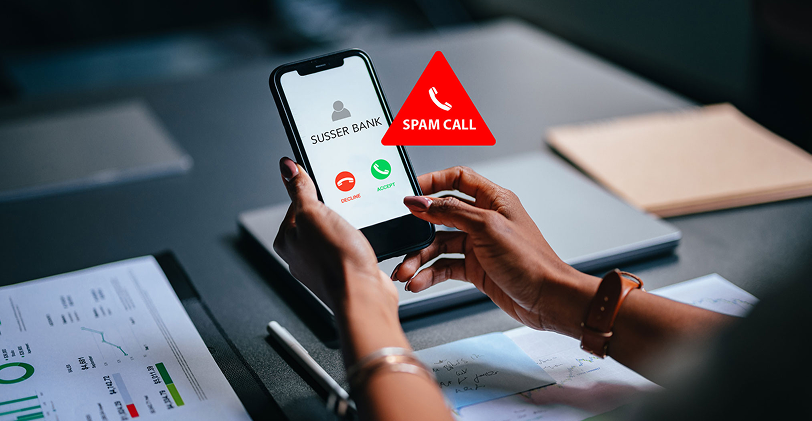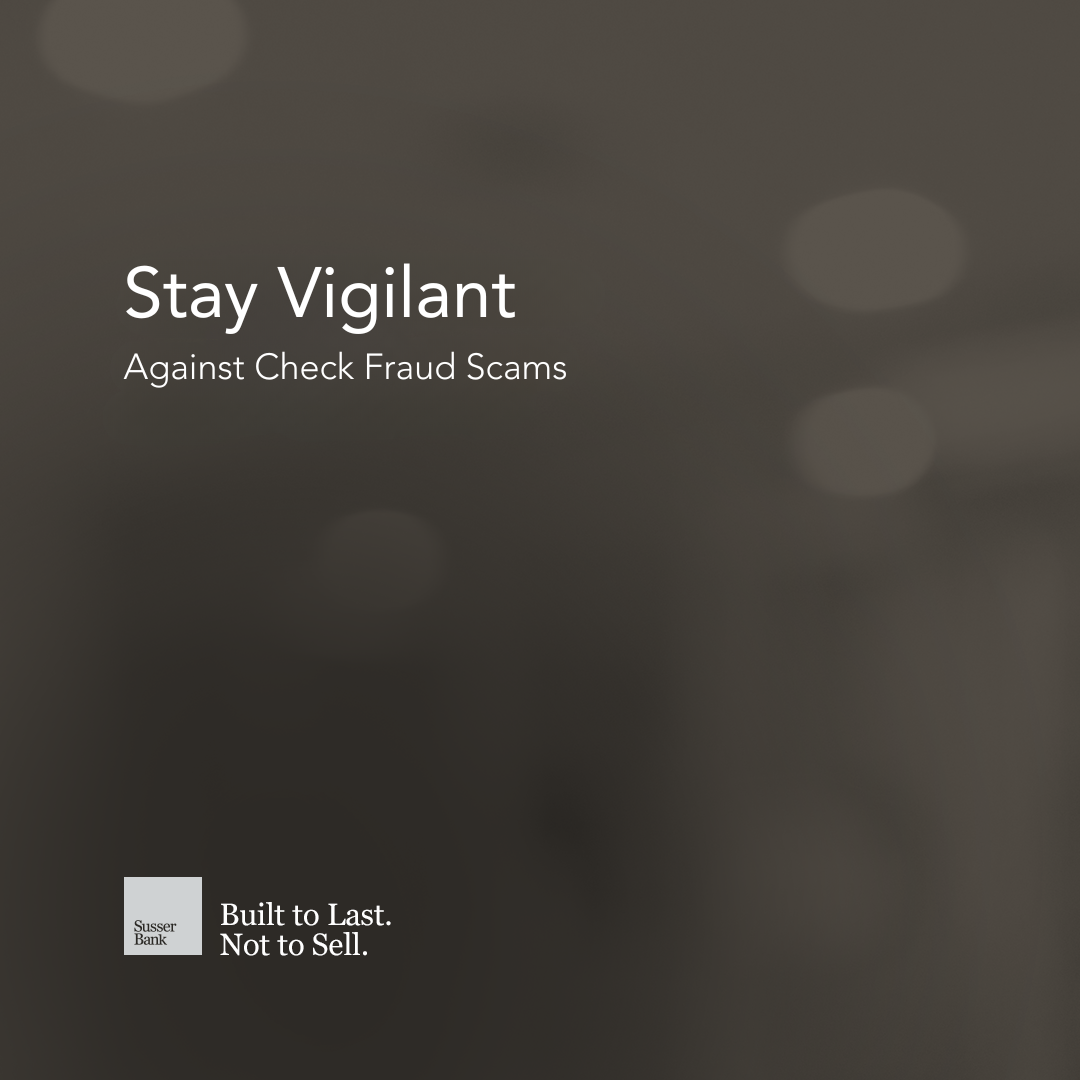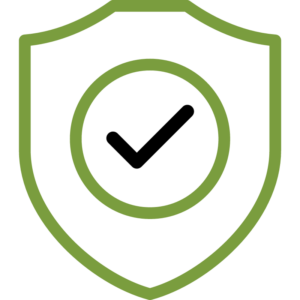Protect Yourself Against Caller ID Spoofing
Scammers today are increasingly sophisticated, which is why it’s important to be hyper-vigilant about protecting your personal identity and financial security.
Protect yourself against caller ID spoofing.
Caller ID spoofing occurs when a caller intentionally falsifies the information displayed on your caller ID to disguise their identity. Scammers often manipulate caller names and numbers to make it appear as though a legitimate organization—such as Susser Bank—is calling you, when in reality, it may be a fraudulent attempt to gain your trust.
- These scammers use technology to manipulate caller ID information, making it appear as though “Susser Bank” or another trusted organization is calling you.
- They then ask for confidential information that you may think is appropriate to provide to Susser Bank.

Never share your personal or financial information with a caller.
If you receive a call from someone claiming to be from Susser Bank and they ask for your card number, PIN, verification code, password, or any other confidential information, please question the validity of the call:
- Do not let your guard down—feel empowered to hang up on the caller.
- After hanging up, contact your Susser Banker or a Client Care team member at 817.987.2400.
- Do not share confidential information unless you have personally called us.
Defend yourself against fraud.
Learn more about fraud prevention tactics we recommend >
Have questions?
Contact your Susser Banker or a Client Care team member and someone will gladly assist you.




